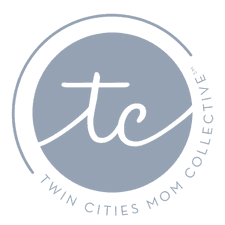Recently, Rachael Dolezal quickly came in and out of our news just as fast as Kylie Jenner’s lip challenge. She was outed by her family as being a white woman who has portrayed herself as a black woman working for the NAACP, for years. Strange? Sure, but we’ve seen worse. To me, it was nothing until I finally saw an interview on the Today Show where Rachael claims to be transracial, claiming a cultural identity crisis. This is when adoptees, especially transracial adoptees, from all around took action and spoke up.
The term transracial is and has been coined in adoption-land for decades. This term describes a family that crosses racial boundaries within their adoption. I am a transracial adoptee. My parents are white and they adopted an African American child. Although I am very aware of my identity, being an African American woman, mom, daughter, sister, wife and so forth – there are certainly African American traits, culture aspects and narratives I grew up lacking, per say, because of my childhood as a transracial adoptee. I’m not confused. I don’t feel as if I should be white and not black in regards to my surroundings – this is not the definition in which transracial derived from. Something to get straight right off the bat.

If and when you’re about to take on the journey of adoption (first and foremost, congrats!) there is going to be an amplitude of items, terms, legal logistics, papers and finances thrown onto your plate. It’ll be scary, it’ll be rewarding and it’ll be a life long lesson that you’ll be able to share with many, many families later in life. However, when you’re adopting transracially there likely will be a few more things thrown into the mix:
– Will your child come to you speaking your language?
– Will you teach their original language at some point in time?
– Will the country they’re in born in be a prominent aspect in your family’s life?
– Will you make it an effort to travel and teach about this country? (For me it was state – the state of Georgia)
– How will you respond to and educate your child to personally handle racism?
– Or the insane amount of questions asked, “Is this child yours?”
– Will you know how to maintain healthy hair on your child if it’s a different texture than your own?
And another, what happens when they’re in grade school and it’s time to do the likely family tree or ancestry projects? For me, I always presented my class with a list of ancestors who traveled from Norway, Germany and the Czech Republic. After all, this is who I am and where my family’s roots derived from. There’s absolutely no other way I’d ever present my maiden name of “Mortensen,” the Son of Mort. Alike my family’s deep German roots, my husband’s family waives the Finnish flag high and I’ve learned to be proud of our Finnish ancestors I have claimed through marriage.
Year after year, I would continue to discuss my family’s story and year after year my own biological ancestry was clouded. It was never an issue, never a thought or a mention – It was a forgotten part of the equation of who I am, where did my biological ancestors trace back to?
I’ve learned there is something so very real, important and traditionally lost when it comes to the gift of DNA for an adoptee. The adoption agency my parents worked with 27 years ago holds a panel on “Parenting in a Multicultural and Racist Society” where myself and other adoptees speak to potential families who plan to adopt outside their own race. We touch base on childhood experiences and offer advice as these parents take on or continue the incredible bond of parent and child. There are always two perspectives I bring up 1) Educate yourself on your child’s hair (can you tell I know the struggle is real) and 2) Being fully aware of possible findings, purchase a DNA kit for your child at a young age.

A DNA kit can be an extraordinary breakthrough tool towards absolutely any adoptee when presented in the correct way. Whether the adoption is open or closed, understand matches (biological relatives) will come out of these results with some possibly being very close and most being extremely distant. I purchased the Ancestry DNA kit in January, spit into a little tube and placed the small package into the mail. Within a month, I received my results. Upon opening the information on their database, tears filled my eyes as this was the first time in 27 years I was given a glimpse to a whole biological analysis that makes me – Me.

Not only did this DNA kit ultimately lead me to finding my birth mother (and so much more) but it also allowed me to claim the roots of ancestors from the Ivory Coast, Nigeria and Congo. To have this viable information available to me as a child would have added so much more of an identity response, as I would have gained knowledge of these countries, movements and such at a young age – not to mention a fabulous A+ worthy family tree project. I’ve always been very open about how adoption has beautifully built my family, so it would have been quite incredible to include this side of my biology in school projects. DNA is a personal gift that perseveres, there’s a definite beauty in that.




